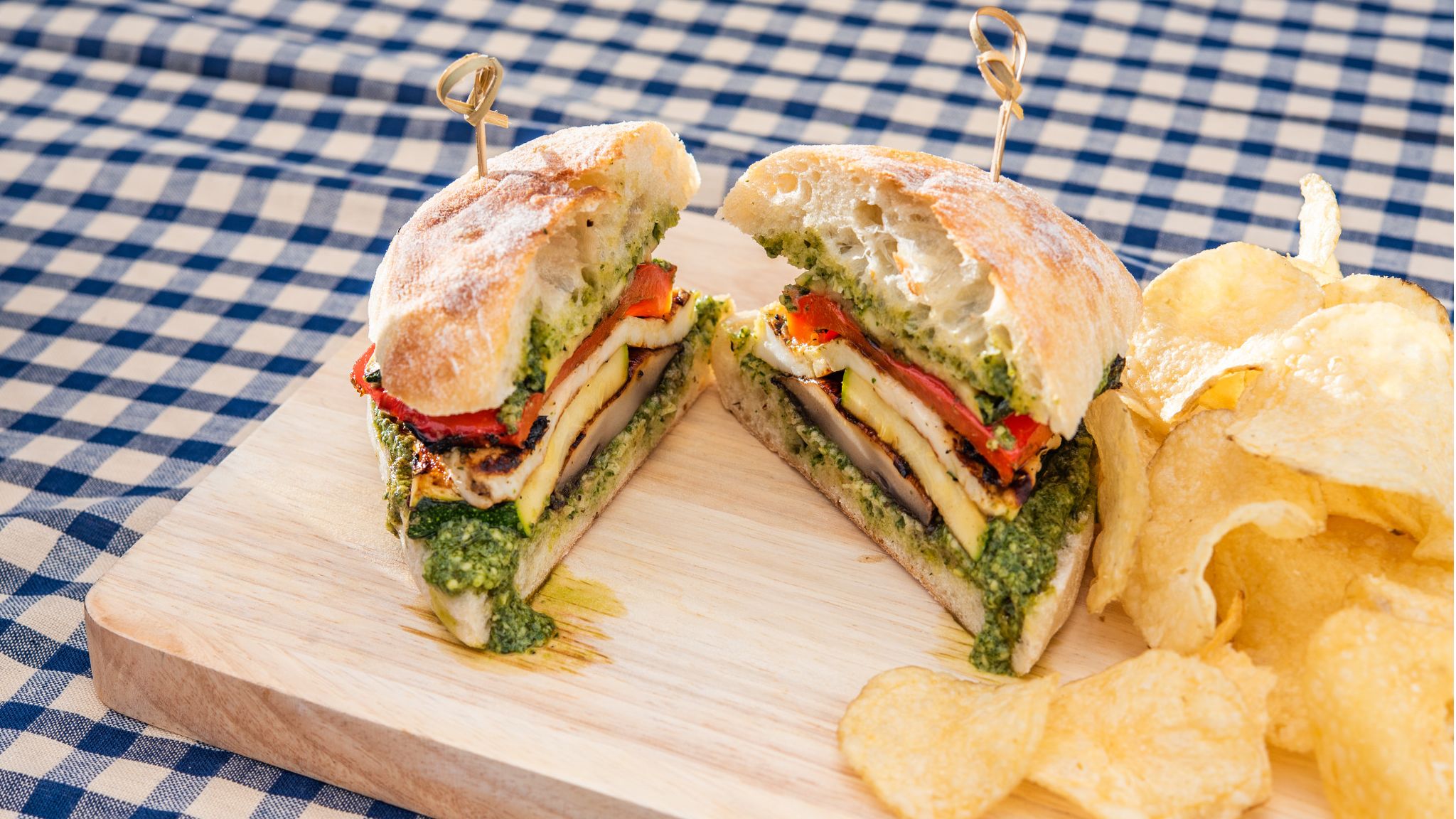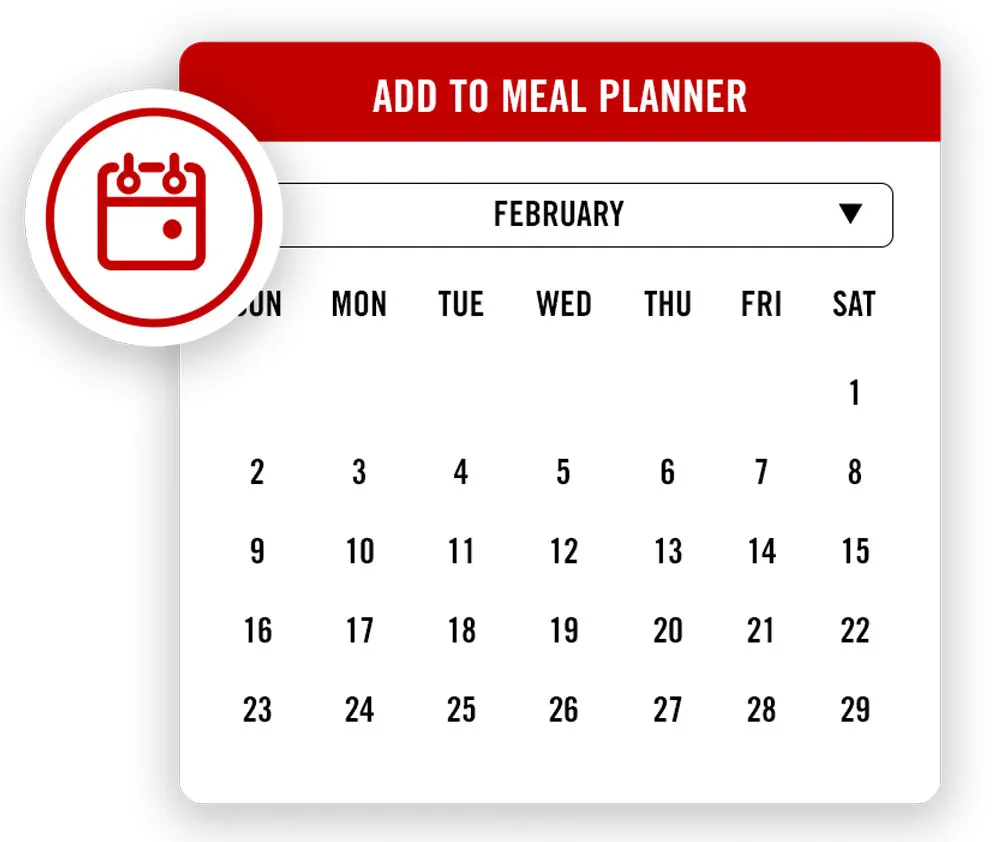It was 2013 and Valerie Gordon, of Valerie Confections, was traveling around the U.S. promoting her cookbook Sweet, when she found herself needing to kill time in Austin, Texas. As any self-respecting food-lover would do, Gordon embarked on a barbecue tour.
Biting into slice after slice of perfectly tender and subtly smoky brisket, it got her thinking: I wonder if I can grill desserts? Six years later with countless trials-and-errors behind her, Gordon has her answer.
She’s arguably become the leading grillmaster of desserts in the United States, getting invited to barbecue boot camps and grilling weekends at high-end resorts around the country and standing alongside luminary pitmasters such as Aaron Franklin of Franklin Barbecue in Austin, Pat Martin of Martin’s Bar-B-Que Joint in Nashville, and North Carolina whole hog specialist Sam Jones at events like L.A. Times’ All-Star BBQ, where she handed out mezcal sticky toffee pudding baked on a Big Green Egg.
Below she offers seven tips, tricks and need-to-know details for anyone interested in successfully grilling dessert.

Get familiar with indirect heat
Indirect grilling, where food is cooked on the cooler side of the grill away from the heat source, is generally used to slowly roast larger, tougher cuts of meat like beef brisket, racks of ribs, lamb legs and whole birds. Essentially, it turns the grill into a barbecue pit or outdoor oven, diffusing the heat and allowing food to cook evenly without burning the exterior. This is exactly what one needs to do when grilling desserts, says Gordon, “You wouldn’t make a cake on your oven range directly on top of the flame because you’ll burn the bottom.” And that’s what would happen if you tried to cook a dessert on the hot part of the grill.
On a charcoal grill, this means piling the coals on one side of the grill and placing your dessert on the other side or if there’s enough space, raking coals into two piles on opposite sides of the grill and cooking desserts in the center. Same idea for a gas grill. One or two burners on with the food on the opposite side, depending on the type of grill. Here’s more information on the different ways to use a grill.
Use cast-iron cookware
Just as one needs to consider the best way to transmit heat when grilling meat or vegetables, the same needs to be done with desserts. Thick cast iron allows desserts to cook slower with more control than thinner metals like stainless steel or aluminum. “Nice, thick cast iron transmits heat evenly and slowly,” says Gordon. “You also get a lovely texture on the edges and bottoms of whatever you’re making.” Gordon suggests Lodge Cast Iron, a 123-year-old company that makes everything from cast iron skillets and Dutch ovens to bundt pans.

Get comfortable with butter ... lots of butter
To prevent sticking and get a nice almost fried texture on the base and rim of whatever it is that’s baking on the grill it’s important to copiously butter the vessel with a thick shellacking all across the pan. On a nine-inch skillet, expect to use three tablespoons of butter. “Because you are absorbing smoky woody fire char notes inside a grill, that encasement of crunch becomes like a subtle bark,” says Gordon. “It really lends a characteristic to grilled dessert that is very unique.”
For those who can’t or don’t eat dairy, thick, spreadable coconut butter is a good substitute.
Start with a room temperature pan
Because that hearty coating of butter (or coconut oil) gives grilled desserts their unique texture and flavor profile—and helps slide ‘em out of the scorching hot pans—it’s imperative that the butter coats the side of the vessel. The cast iron should be room temperature or even slightly cool and the butter should be gently softened, so it can easily spread. If the butter is melted or the vessel is hot, it pools on the bottom of the pan. “You want it to cling to the side of the pan,” says Gordon. “It’s essentially a mud mask.”
Stick to high-fat desserts
The richer, thicker and more custardy a dessert, the better it will come out on the grill. Dishes that are made with more liquid batter or use a creaming method (when sugar and fat are whisked together then blended with fatty liquid and dry ingredients) absorb the flavors of the grill and cook evenly. Butter-based desserts, like bread pudding, cobblers, pies, pound cake, and brownies, are great options. Again, those who need to avoid dairy can swap out the butter for coconut oil or, in the batter, olive oil, one of Gordon’s favorite dairy substitutions in crumbles.
Allow extra time to cook
The air flow and heat transfer on a lidden grill is generally less consistent than an indoor oven—especially those new, finely tuned electric beauties. Grilled desserts take 10 to 15 minutes longer to finish than their oven-cooked counterparts, Gordon says, “Live fire has more inconsistencies that happen.”
Some grills and smokers work better than others
Grilled desserts do not work on open pits or Santa Maria-style grills (though Gordon does make caramels and jams on those). Anyone who wants to grill desserts on a classic Weber or a regular old gas grill has to use the lid to ensure the heat is distributed as evenly as possible. If the gas grill has gaps in the back, as some do, Gordon suggests covering the dessert, say a pie, with aluminum foil to help it cook evenly.
Hands down the best implement for successfully grilling desert is a Green Egg or similar Kamado-style smoker. “It’s the best for baked goods,” says Gordon. “I get really, really consistent results on my Big Green Egg.”
Need a bit more of a confidence boost to get going? Try this recipe for skillet brownies on the grill.
This article was written by Sara Ventiera from Food & Wine and was legally licensed through the NewsCred publisher network. Please direct all licensing questions to legal@newscred.com.







